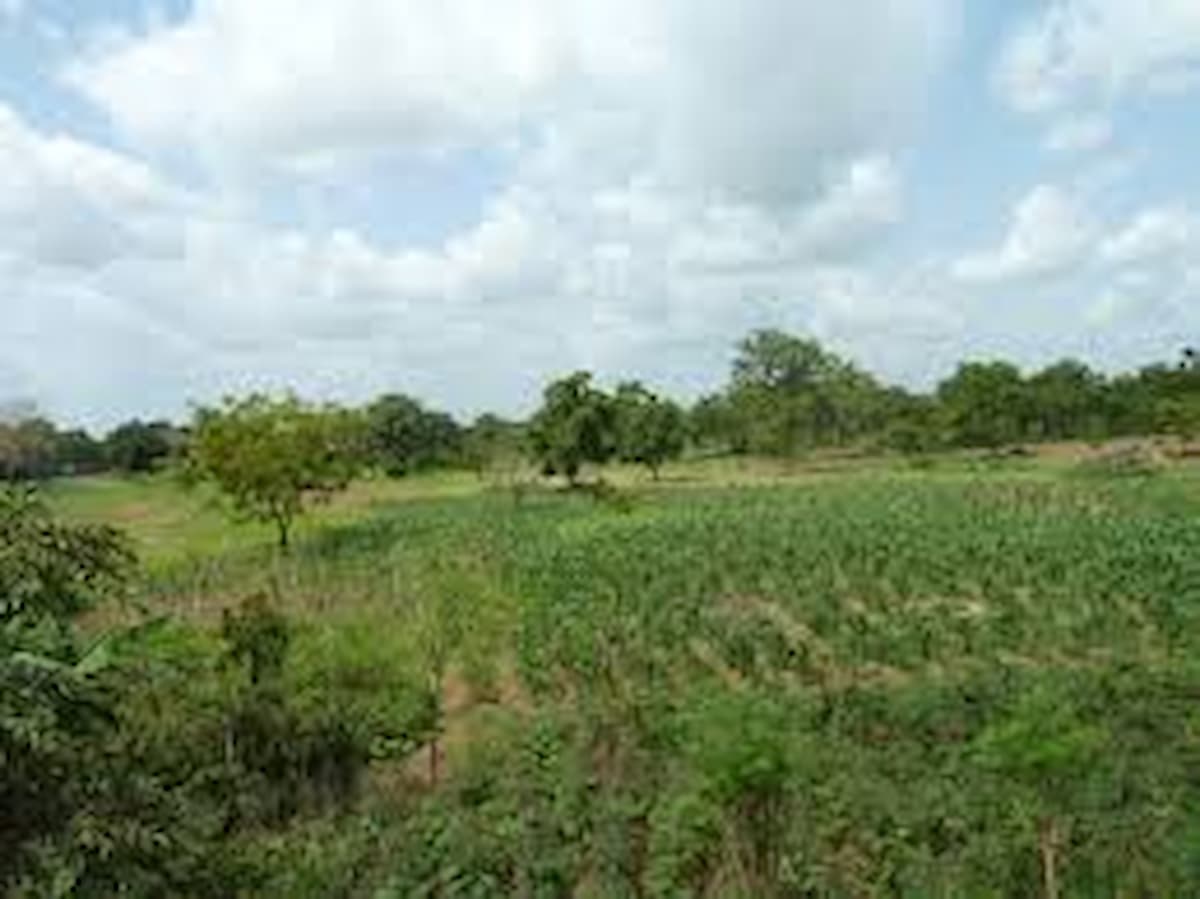How to Buy Land in Ghana: 7 Recommended Ways

How to Buy Land in Ghana: 7 Recommended Ways
If you've ever dreamed of buying a piece of land in the beautiful and culturally rich country of Ghana, you're not alone. Ghana's real estate market offers numerous opportunities for investors and homebuyers alike.
However, navigating the process of buying land in Ghana can be daunting without the right guidance. In this article, we'll explore seven recommended ways to purchase land in Ghana, ensuring a smooth and successful experience.
It will be prudent to understand some of the types of land ownership in Ghana.
Types of Land Ownership in Ghana
Customary Land Tenure
Customary land tenure is the most common form of land ownership in Ghana. The land is often owned by traditional leaders or chiefs who allocate it to individuals and families within their communities. Ownership rights are based on customary laws and are recognized by the state.
Leasehold Tenure
Leasehold land is owned by the government, traditional authorities, or private individuals or entities, and it is leased to individuals or organizations for a specified period. The leaseholder has certain rights and responsibilities but does not own the land outright.
Freehold Tenure
Freehold land ownership gives individuals or entities absolute ownership of the land and any structures on it. This form of ownership is relatively rare in Ghana and is typically associated with urban areas.
Government or State Land
Land owned by the government or state is administered and controlled by government agencies. It is often used for public infrastructure, development projects, or other government purposes.
Stool/Skin Land
Stool land refers to land owned by traditional stools or skins (traditional authorities) in different regions of Ghana. The stools allocate and control the use of this land based on customary norms.
Family or Clan Land
In many cases, land is owned collectively by extended families or clans.
Allocation and management of such land are typically done under customary laws and traditions.
Private Land
Individuals or private entities can own land in Ghana through purchase or inheritance.
Private land ownership is subject to the laws and regulations governing land transactions.
7 Recommended Ways to Buy Land in Ghana
1. Consult Local Real Estate Agents
Navigating the Ghanaian real estate market can be challenging, especially if you're unfamiliar with the local customs and regulations. Your first step should be to consult with experienced local real estate agents. They possess valuable knowledge about available properties, legal requirements, and current market trends.
2. Research the Location Thoroughly
Ghana is a diverse country with various regions offering different opportunities. Before making a purchase, research the location thoroughly. Consider factors such as proximity to amenities, infrastructure development, and the potential for future growth. Pay a visit to the area, talk to locals, and gather as much information as possible to make an informed decision.
3. Verify Land Ownership and Documentation
To avoid legal complications, it's crucial to verify the land's ownership and documentation. Request all relevant paperwork, including land title certificates, survey plans, and permits. Consult with a legal expert to ensure the documents are legitimate and up-to-date. This step will protect you from potential land disputes and ownership issues.
4. Budget Wisely
Setting a realistic budget is essential when buying land in Ghana. Take into account the cost of the land, legal fees, and any additional expenses such as taxes or development costs. It's advisable to have a contingency fund for unexpected expenses. A well-planned budget will help you avoid financial stress during the purchase process.
5. Negotiate Effectively
Effective negotiation skills are valuable when buying land in Ghana. Sellers often expect potential buyers to negotiate the price. Be respectful but assertive during negotiations, and don't hesitate to seek advice from your real estate agent. Finding a mutually agreeable price can save you money and ensure a fair deal.
6. Conduct Due Diligence
Before finalizing the purchase, conduct due diligence on the land. This includes a thorough inspection of the property and its boundaries. Ensure there are no encumbrances, disputes, or land-use restrictions that could affect your plans. Due diligence is essential to avoid costly surprises after the purchase.
7. Seek Legal Assistance
The legal aspects of buying land in Ghana can be intricate. To safeguard your interests, seek legal assistance from a qualified Ghanaian attorney. They will guide you through the legal procedures, review contracts, and ensure compliance with Ghanaian real estate laws.
Acquiring and building your dream home in Ghana can be tedious. From land litigation to registration issues and everything in between, that’s why Lakeside Estate is helping people like you to own your dream. You can choose from our 2, 3 or 4 bedrooms with our three payment plan.
Visit us on the 7th floor of the Silver Star Tower in Airport City, Accra. You can also talk to us at +233 204775043 or visit our website to learn more.

0 Comments